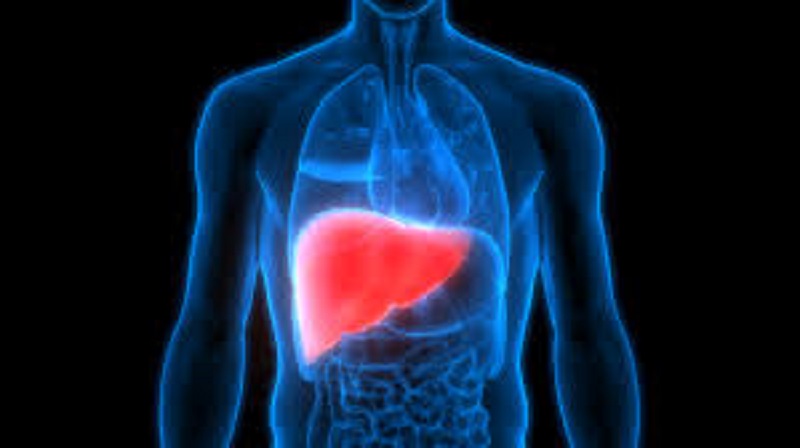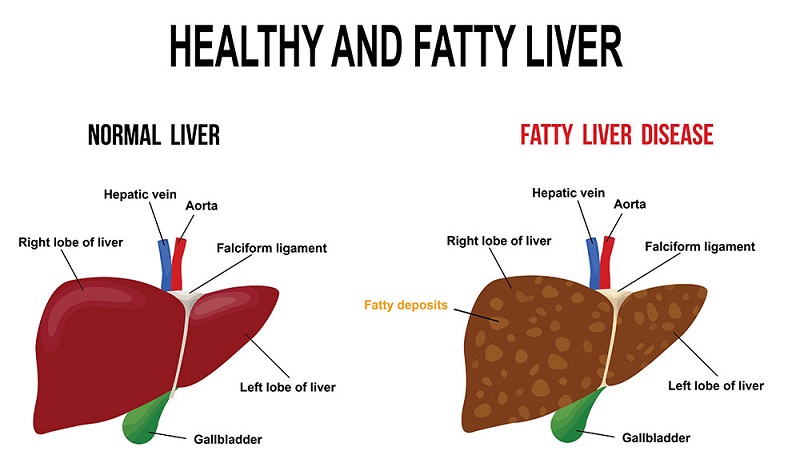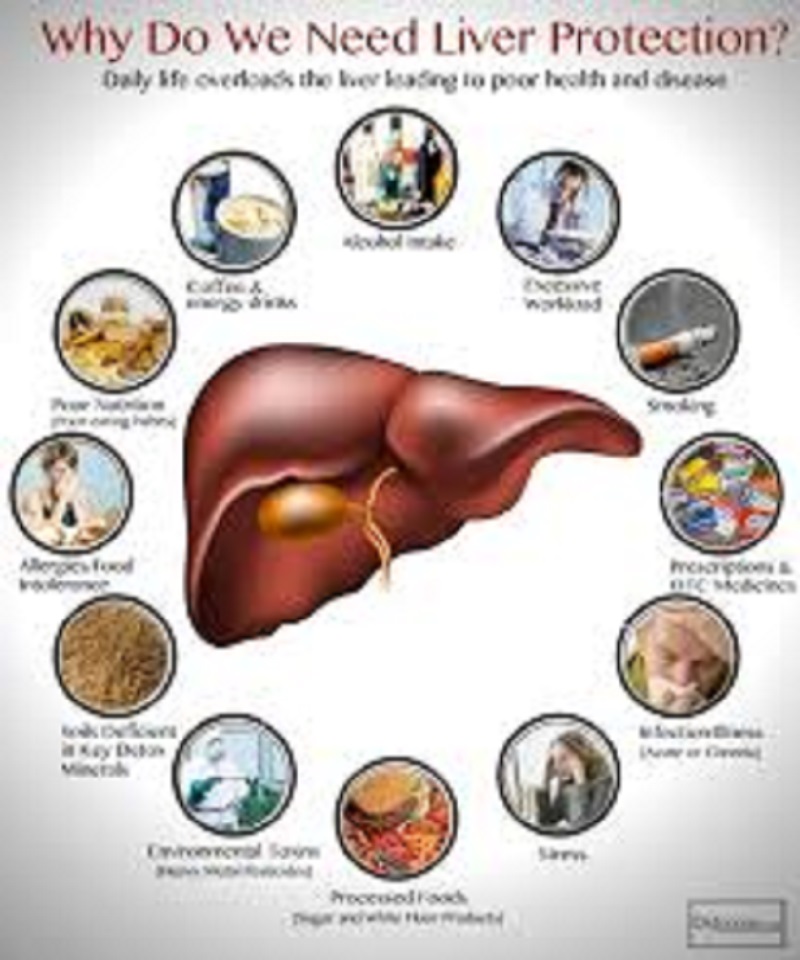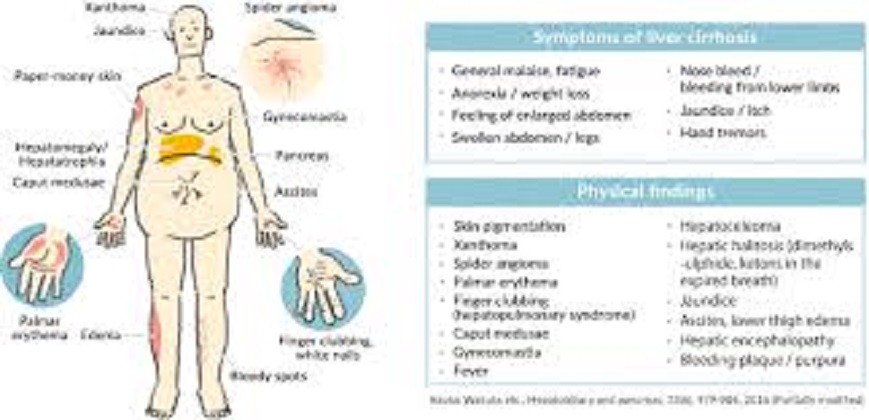
The liver is the most vital organ of the human body and is known as the chemical factory inside the human body. The liver is responsible for many life-sustaining functions. Liver which is the largest gland in the human body produces ‘Bile’. Bile helps small intestine in breaking down food and also helps absorbing fats and cholesterol from food.

Liver damage can be fatal. The symptoms and signs of weaker liver may be identified earlier to avoid serious health problems.

These are the signs and symptoms of weakened liver:
Yellow tinted skin and eyes due to irregular levels of bilirubin. When the liver function is affected, there is an elevation in the levels of bilirubin in our bloodstream. This yellowish-green coloured fluid then pigments our skin giving it a yellow tint.

If the liver is extensively damaged, then it gets swollen. It is then seen as swelling in our abdomen. This can also happen post an accident if there are internal injuries to the liver. If you find an abnormal swelling in your abdominal region, then make sure to get it checked immediately.

Extreme fatigue is yet another symptom. Liver patients usually suffer from a continuous feeling of weakness and are unable to perform day to day tasks. While fatigue is a symptom for a range of disorders, make sure to get it checked nevertheless to rule out any health problems.

Due to excess production of bilirubin, the urine also tends to get a darker colour. But make sure this isn’t the only symptom making you think you have a liver problem. Not drinking enough water also makes the urine darker.

Nausea is also a common symptom of liver damage. You will find yourself continually nauseous and it will also lead to a decrease in your appetite. The nutritional deficiency then leads to weakness of the body.

Avoid these habits to make your liver healthy:
1. Alcohol consumption
2. Smoking
3. Overweight
4. Lack of exercise
5. Stress
6. Consumption of too many painkillers
7. Consumption of carbonated drinks

Post Your Comments